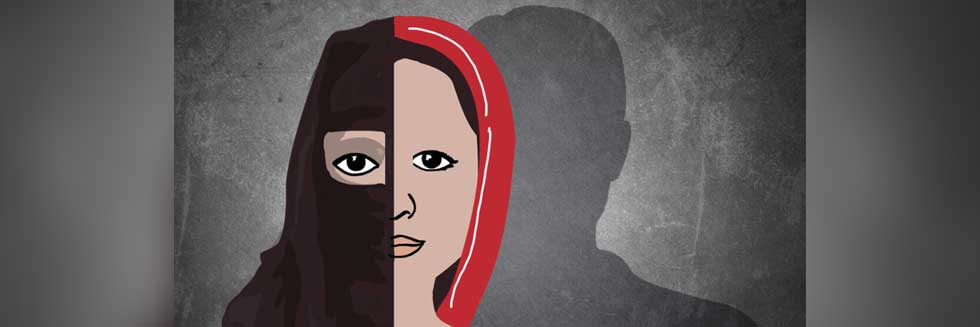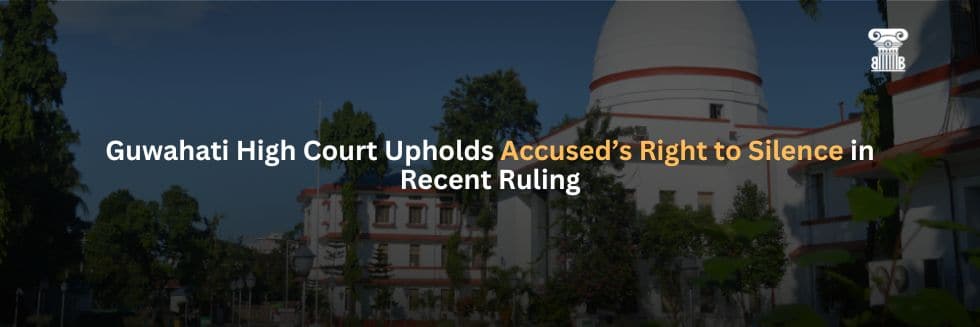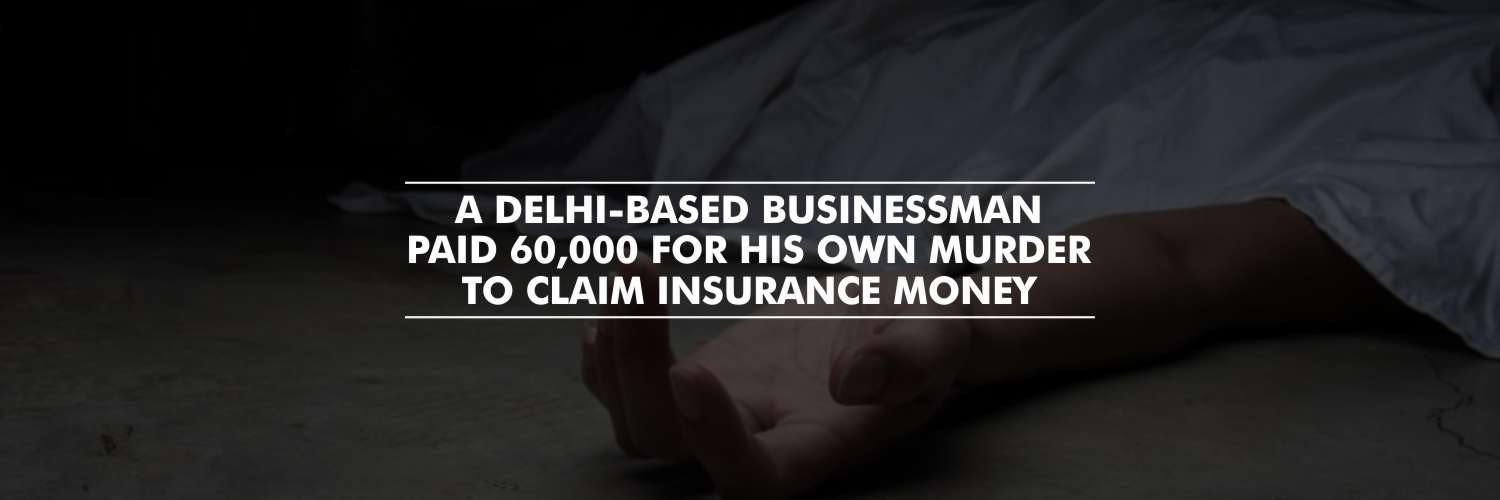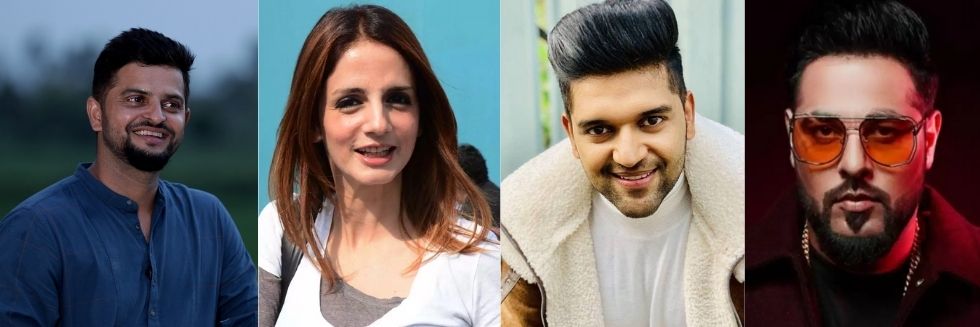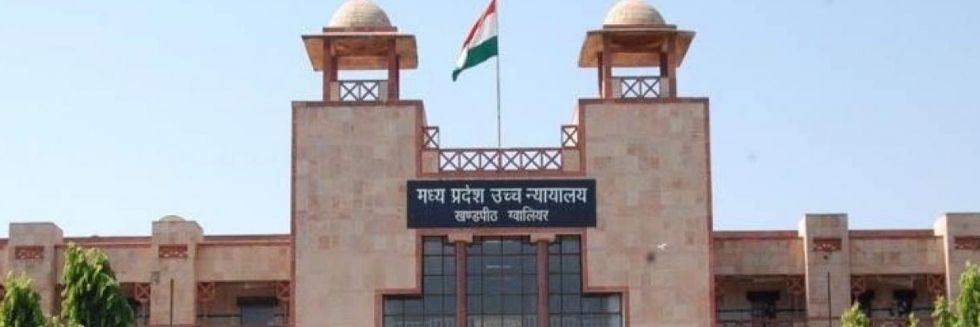On Tuesday, the Uttar Pradesh cabinet approved a draft ordinance outlawing religious conversions by marriage, coercion, deceit or enticement, and prescribed up to 10 years imprisonment for those found guilty.
With this recent development, UP became the third state to propose a law for regulating interfaith relationships, after Madhya Pradesh and Haryana.
“The way in which religious conversions are done using deceit, lies, force, and dishonesty is heart-wrenching, and it was necessary to have a law in this regard. The ordinance was necessary to maintain law and order and justice for women,” cabinet minister and UP government spokesperson Sidharth Nath Singh said.
What is Love Jihad?
“Love Jihad”, is a term used by right-wing activists to describe marital relationships between Muslim men and Hindu women. The term is yet unrecognized by the Indian legal system. It was coined to refer to a non-existent system under which a Hindu woman has been forcibly converted by Muslim men on the pretext of marriage.
Therefore, to put a check on “unlawful religious conversions” and “inter-faith marriages with the sole intention of changing a girl’s religion”, the UP government has approved an ordinance that makes religious conversion a non-bailable offense inviting penalties up to 10 years in prison, if found to be effected for marriage or through misrepresentation, force, undue influence, coercion, allurement, or other allegedly fraudulent means.
Although, a month ago, the Uttar Pradesh Chief Minister Yogi Adityanath has vowed to end the system of ‘love jihad’, the courts and the Union government does not officially recognize the same.
On the other hand, as per the UP-Law Commission Chairperson AN Mittal, who was involved in the drafting of the said document, the draft ordinance does not mention the word ‘love jihad’ anywhere.
Draft Ordinance by the UP Cabinet
The draft ordinance formally called Uttar Pradesh Vidhi Viruddh Dharm Samparivartan Pratishedh Adhyadesh 2020 (UP Prohibition of Unlawful Religious Conversion Ordinance-2020), includes a provision to void a marriage if it is solemnized primarily to convert a woman’s faith.
The new law will put the onus on the defendant to prove that the conversion was not for marriage. Further, the Prohibition of Unlawful Religious Conversion Ordinance 2020, recommends 1-5 years imprisonment if an accused fails to prove that the conversion of the woman was not for marriage or by use of force, allurement, etc.
“Those getting the conversion done in violation of the provisions of the proposed law would have to face a jail term of up to 10 years,” said a government statement. If it is found that the conversion is done “forcibly, through atrocity or cheating”, the offense will be non-bailable, added the UP cabinet in the draft ordinance.
“The ordinance came following a law commission report and after studying all possible aspects. The UP government will stop all illegal conversions. Love jihad is a term in circulation, people use it. Everything in the ordinance is within the purview of the Constitution and people’s rights,” stated Deputy Chief Minister Keshav Prasad Maurya.
Violation of the provisions of the law would invite a jail term of not less than one year extendable to five years with a fine of Rs 15,000/-. However, if a minor woman or a woman from the Scheduled Caste or Scheduled Tribes communities was converted through the said unlawful means, the jail term would be a minimum of three years and could be extended to 10 years with a fine of Rs 25,000/-. Further, the ordinance also lays down strict action, including cancellation of registration of social organizations conducting mass conversions.
Mass conversions would invite a jail term of not less than three years up to 10 years and a fine of Rs 50,000/-, read the operative statement on the ordinance. In the case of conversion is done by a woman for the sole purpose of marriage, the marriage would be declared null and void.
Allahabad High Court’s Ruling on Religious Conversions
Earlier a division bench of Allahabad High Court comprising of Justices Vivek Agarwal and Pankaj Naqvi held that the right to live with a person of one’s choice is intrinsic to the right to life and personal liberty, irrespective of religion. The bench held that its previous decisions stating that religious conversion perse for contracting marriage was prohibited and that the said marriage has no sanctity in law, are incorrect, and did not lay down a good law.
The HC made the above observations while hearing a petition concerning a Hindu woman (Priyanka Kharwar) and a Muslim man (Salamat Ansari) who had entered into a Muslim marriage. It was reportedly submitted by the couple that they had entered into a Muslim marriage voluntarily and had been living together peacefully as husband and wife for a year.
However, the woman’s father lodged an FIR alleging offenses under Sections 363, 366, 352, and 506 of the Indian Penal Code (kidnapping, abduction for forcing a woman to marry, etc.) and Section 7 and 8 of the Protection of Children from Sexual Offences (POCSO) Act.
Therefore, the couple approached the High Court urging it to quash the FIR and protect the petitioners from arrest on the ground that the case was motivated by malice and mischief and initiated only with a view to bring an end to the marital ties. They further submitted that no offenses were made out, as the couple had attained the age of majority and thus was competent to contract a marriage.
Subsequently, the division bench of Allahabad HC noted that “To disregard the choice of a person who is of the age of majority would not only be antithetic to the freedom of choice of a grown-up individual but would also, be a threat to the concept of unity in diversity.”
